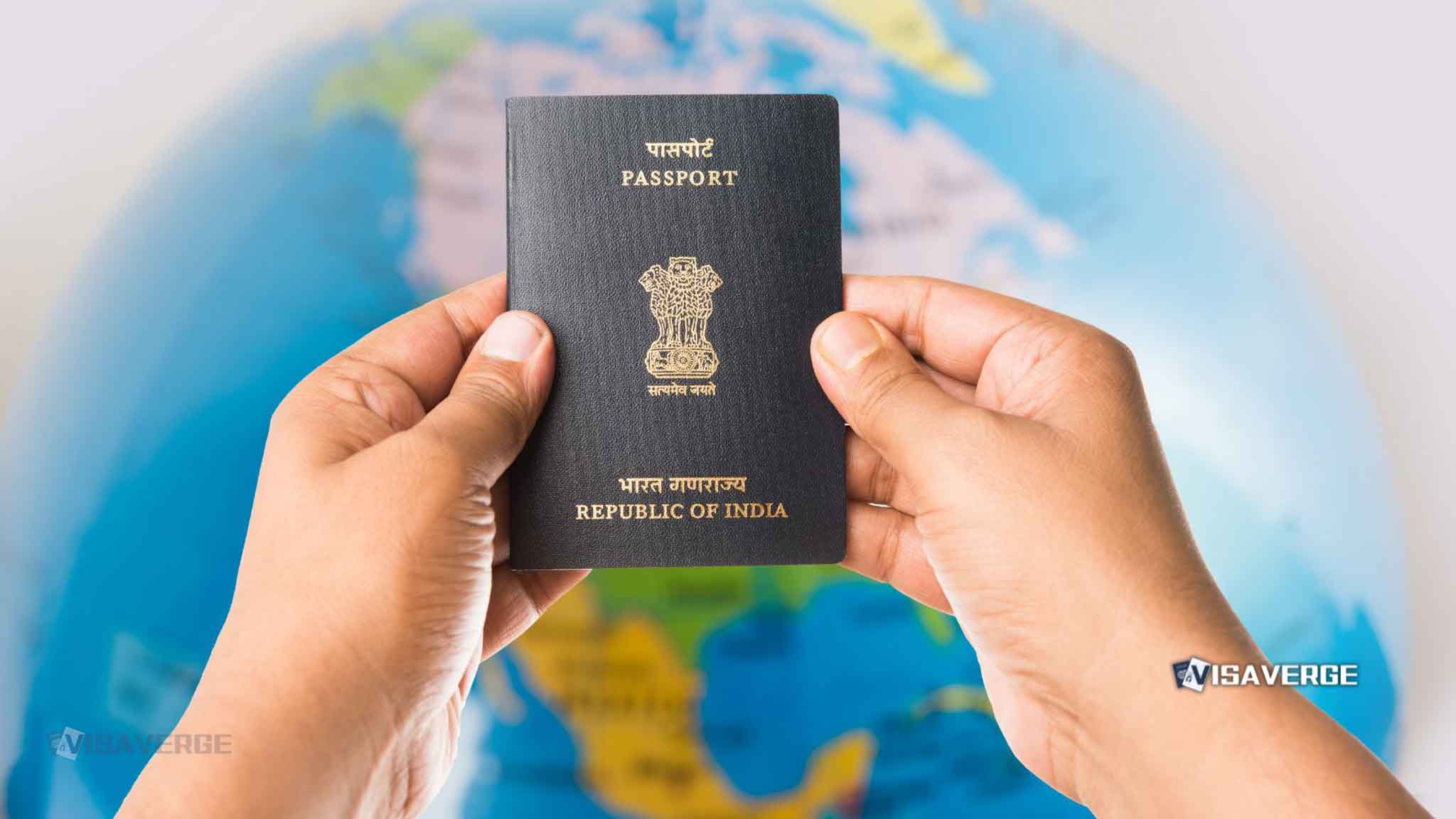Navigating OPT Challenges While Keeping Student Organization Commitments
For many international students in the United States, the Optional Practical Training (OPT) program is a critical step in gaining work experience in their field of study. However, the transition from student life to professional life can bring challenges, especially when trying to maintain commitments to student organizations.
Understanding OPT and its Requirements
Before diving into time management strategies, it’s important to understand what OPT entails. OPT allows international students with F-1 visa status to work for up to 12 months (or 24 additional months for STEM extensions) in a job related to their field of study. While on OPT, students must comply with various immigration laws and reporting requirements, which can be found on U.S. Citizenship and Immigration Services (USCIS).
Balancing Work and Student Organization Roles
Balancing a full-time job with other obligations isn’t easy, and this becomes even more complex when you’re adjusting to American work culture. Here are some strategies to help manage your time and maintain your organization commitments:
Establish Clear Priorities
Recognize that your work on OPT is critical to building your career. It should take precedence since it directly impacts your visa status and future employment opportunities. Certain student organization activities might need to be scaled back to accommodate your work schedule.

Communicate with Your Organization
Have an honest conversation with the members of your student organization. Explain your situation and work together to find solutions. For instance, shifting to a less time-consuming role or delegating some of your responsibilities could be beneficial.
Implement Time Management Strategies
Effective time management is key. Here are a few tactics:
- Plan your week in advance, allocating specific time slots for work, organization tasks, and personal time.
- Use productivity tools like calendars, to-do lists, and apps that can help keep you on track.
- Prioritize tasks by urgency and importance, focusing on what needs your attention first.
- Learn to say no when necessary, to avoid overcommitting yourself.
Seek Support from Peers and Mentors
Get in touch with peers who have gone through similar experiences. They may offer valuable advice. Moreover, mentors within your organization or field might be able to provide guidance.
Understanding the Impact of OPT on Your Status
It’s crucial to be aware of how your engagement with student organizations impacts your F-1 status. While on OPT, your primary responsibility is toward your job. Failure to maintain legal employment status could lead to serious consequences, so ensure that your participation in student organizations does not interfere with your work commitments.
Resources for Further Assistance
Should you find yourself facing difficulties with your OPT or immigration status, don’t hesitate to seek professional advice. The U.S. Department of Homeland Security’s Study in the States is a fantastic resource, as well as your university’s international students’ office.
Remember, managing OPT challenges while maintaining student organization commitments is a test of your ability to balance multiple responsibilities. With good planning, communication, and the right time management strategies, it’s certainly possible to succeed on both fronts.
So, fellow international students, remember: juggling work and student organization commitments during OPT can be a real challenge, but with some smart planning and open communication, you can do it! And if you want even more helpful tips and resources, don’t forget to visit visaverge.com. They’ve got everything you need to navigate the OPT rollercoaster with ease. Good luck, and keep on rocking those student orgs!
FAQ’s to know:
FAQ 1:
Question: What is OPT and what are the requirements for international students in the United States?
Answer: OPT, or Optional Practical Training, allows international students with F-1 visa status to work for up to 12 months (or 24 additional months for STEM extensions) in a job related to their field of study. To participate in OPT, students must comply with immigration laws and reporting requirements set by the U.S. Citizenship and Immigration Services (USCIS).
FAQ 2:
Question: How can international students balance their work on OPT with their commitments to student organizations?
Answer: Balancing work on OPT with student organization commitments requires effective time management and clear priorities. Students should establish their work on OPT as a priority, as it directly impacts their visa status and future employment opportunities. Communicating with the organization, implementing time management strategies, and seeking support from peers and mentors are also helpful in managing and maintaining commitments to student organizations.
FAQ 3:
Question: How does student organization involvement impact F-1 status during OPT?
Answer: It’s important for international students to be aware that while on OPT, their primary responsibility is towards their job. Failure to maintain legal employment status can have serious consequences, so it is crucial that involvement in student organizations does not interfere with work commitments. Students should prioritize their job on OPT to ensure compliance with immigration laws and regulations.
What did you learn? Answer below to know:
- True/False: During Optional Practical Training (OPT), international students can work for up to 12 months, with a possible extension of 24 additional months for STEM fields.
- What are some time management strategies for balancing work and student organization roles during OPT? (Short Answer)
- Where can international students find additional resources and assistance regarding OPT and immigration status? (Multiple Choice)
a) U.S. Department of Homeland Security’s Study in the States
b) U.S. Department of Labor
c) U.S. Department of Education
d) U.S. Department of State








